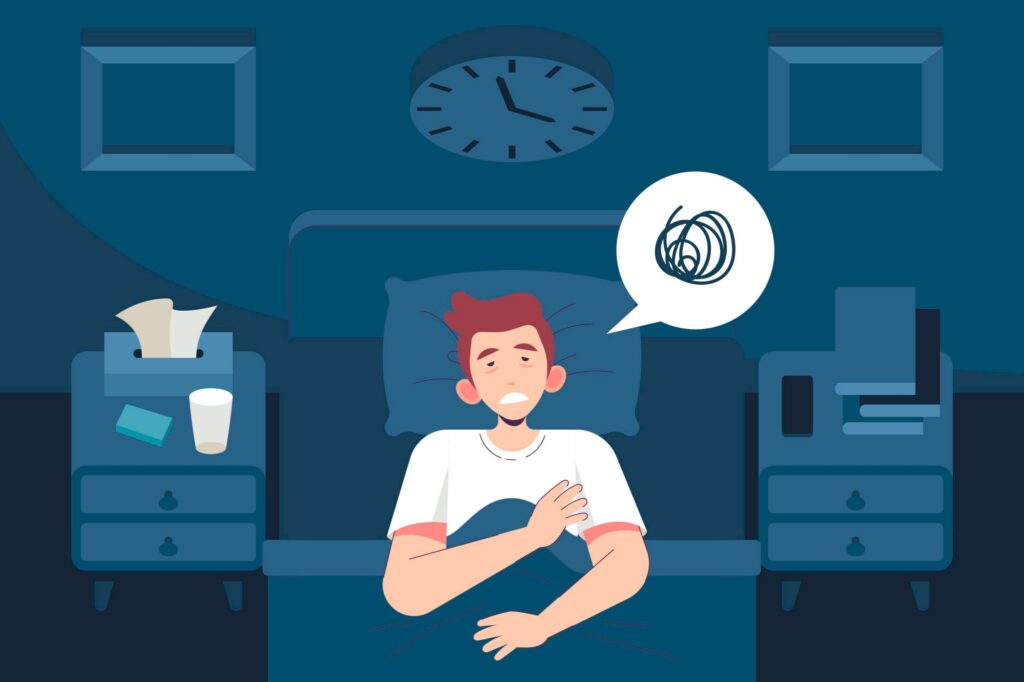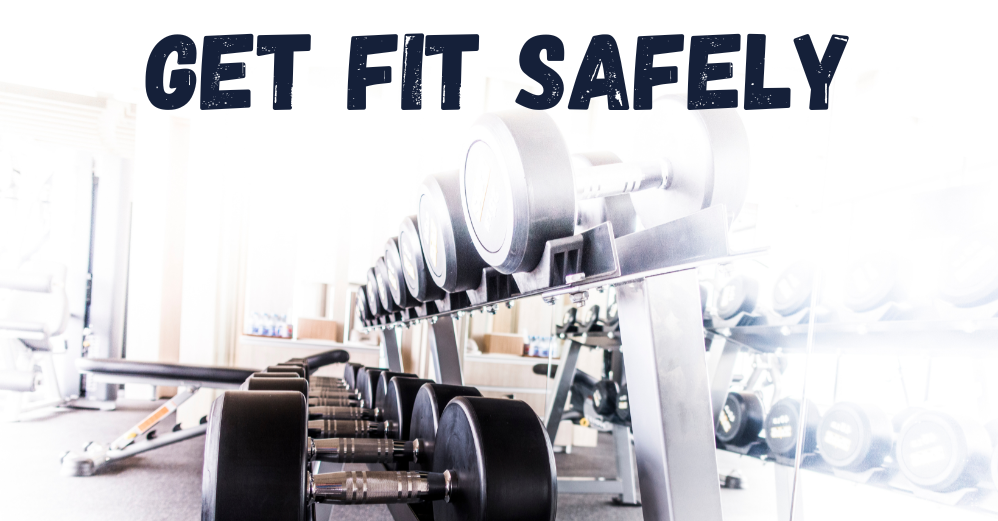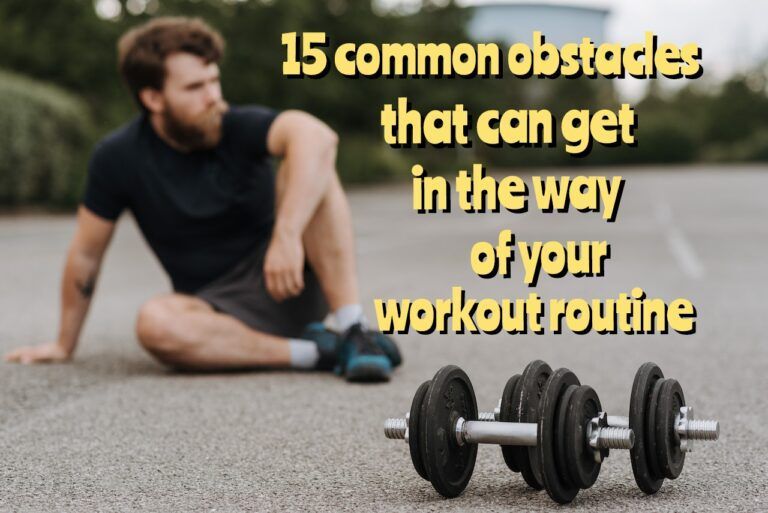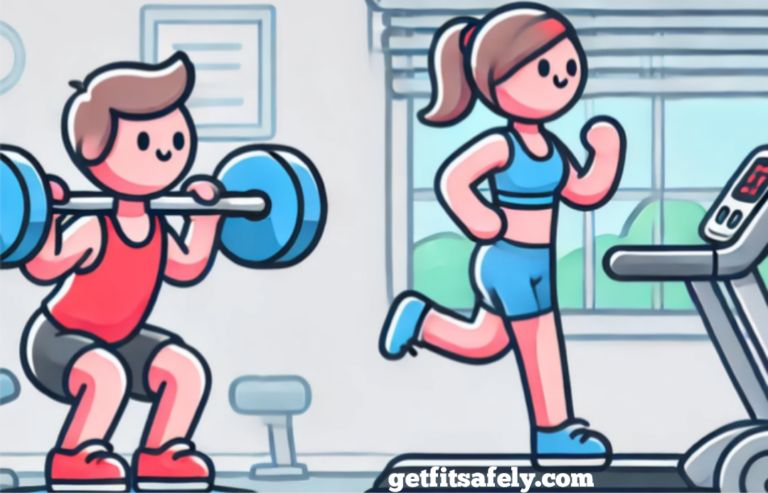Hey there, fitness warriors!
If you’re like me, you live for those endorphin highs after a killer workout.
But here’s a little secret: rest days are just as crucial as your workout days.
Trust me, I learned this the hard way—nothing kills your motivation faster than burning out from overtraining.
Regular workouts pump up your physical and mental well-being.
However, without proper rest, you risk overtraining, injuries, and relentless muscle soreness.
So, how often should you give yourself a break each week?
According to a study by the National Strength and Conditioning Association, your muscles crave at least 48 hours of rest between intense training sessions.
This downtime allows your body to fully recover and adapt to the workout’s demands.
We’ll dive deeper into that study in a bit.
Now, let’s get to the juicy part: there are times when skipping a workout and taking a full rest day is not just okay, but necessary.
Here are five scenarios where giving yourself that well-deserved break is a game-changer.
1. If You’re Battling a Cold or Fever

Thinking about powering through a workout while sick?
Hold up.
Your body needs all its energy to fight off that bug.
Exercising when you’re under the weather can actually weaken your immune system.
And nobody wants that!
Plus, feeling wiped out can make it hard to perform exercises safely and effectively.
I remember trying to lift weights with a bad cold—let’s just say it didn’t end well.
So, if you’re nursing a fever or battling a nasty cold, it’s time to take a day off.
Focus on resting and healing instead.
Once you’re back to feeling your best, you can dive back into your workouts without risking your health.
2. If You Haven’t Slept Enough

Sleep is your workout’s best friend.
If you’re running on empty and haven’t caught enough Z’s, your body might not be ready for a tough session.
Lack of sleep can zap your energy, focus, and coordination, making your workout less effective and more risky.
Plus, insufficient sleep weakens your immune system and hinders muscle recovery, sabotaging your fitness goals.
I once tried hitting the gym on three hours of sleep.
Let’s just say, my performance was more “nap time” than “powerlifting.”
Accumulated fatigue ups your risk of injuries since your reflexes and reaction times take a hit.
In these cases, it’s best to take a rest day and catch up on those lost hours of sleep.
Aim to improve your sleep quality by creating a comfy sleeping environment and sticking to a regular bedtime routine.
Once you’ve recharged, you’ll hit the gym with the right focus and motivation.
3. If You Have Persistent Muscle Pain
Feeling sore after a workout?
That’s normal.
But if the pain sticks around or gets worse, it’s time to listen to your body.
Delayed onset muscle soreness (DOMS) is your muscles’ way of telling you they’re adapting and getting stronger.
But if the pain is intense, persistent, or localized, it might be more than just soreness—it could be an injury.
I thought I could tough it out with some severe muscle pain, but I ended up sidelined for weeks instead.
Lesson learned: sometimes, your body is trying to tell you to take it easy.
In such cases, it’s best to skip the workout and consult a professional to prevent further issues.
Remember, training should be a gradual process.
Increasing intensity and duration too quickly can lead to injuries.
4. If You’re in a Plateau Phase
Hit a plateau and not seeing progress?
It might be time to take a rest day.
Plateaus can be frustrating, but taking some downtime can help shake things up and reignite your progress.
However, stepping back is just one piece of the puzzle.
Here are some strategies to bust through that plateau and keep advancing:
- Vary Your Training:
Mix things up to keep your body guessing. Try new activities or change up your intensity to challenge yourself differently. - Increase Intensity:
Push a bit harder. Add more weight or reps to stimulate muscle growth and boost endurance. - Add a Workout Partner:
Training with someone can boost motivation and push you past your limits. - Consult a Professional:
A personal trainer can provide tailored tips and advice to get you back on track. - Modify Your Diet:
Ensure your nutrition supports your fitness goals. Maybe it’s time to up your protein intake or tweak your meals for better energy and recovery. - Find Motivation:
Get inspired by podcasts, books, movies, or videos that pump you up for your training. - Change Your Workout Environment:
A new gym, outdoor setting, or a place with a great view can make workouts more exciting. - Try to Have Fun:
Make your training enjoyable. Share workouts with friends or jam to energizing music to keep things lively.
5. When Life’s Pressures Are High

Life can get hectic.
Sometimes personal, work, or family commitments take over, leaving you swamped.
When you’re overwhelmed, finding the time and energy to work out can feel like a chore.
If exercising adds to your stress instead of alleviating it, it might be time to reassess your approach.
Feeling stressed can make you feel drained or distracted during workouts.
In such cases, stepping back is the smarter choice to let your body and mind recover.
Skipping a workout frees up time and lets you focus your mental and physical energy on what really matters.
Alternatively, try less intense activities like yoga or stretching to help reduce stress and relax.
Plus, trying to squeeze in a workout under stress can compromise your form and increase the risk of injury.
There was a time I tried juggling tight work deadlines with my gym sessions—it quickly turned into a recipe for burnout!
Maintaining a balance between your personal life, work, and fitness is essential to keep your well-being in check.
The Importance of Rest Between Workouts
Taking a day or more off between workouts?
Trust me, it’s a total game-changer.
Not only does it help your muscles recover, but it also boosts your mental well-being, setting you up for some awesome results.
Here’s the deal: when you work out, your muscles undergo these tiny microtears.
It might sound crazy, but that’s how they get stronger!
Rest is the magic ingredient that allows your muscles to repair and grow.
But that’s not all.
Without giving yourself enough downtime, you might find yourself slipping into overtraining.
And let me tell you, nobody enjoys chronic fatigue or a dip in performance.
Plus, the risk of injuries goes way up when your body is running on empty.
Back in my early training days, I pushed myself too hard without allowing proper recovery.
My muscles were screaming, and my motivation took a nosedive.
Lesson learned!
Rest days also keep you sharp.
When you’re well-rested, you’re ready to crush your next workout with full energy and focus.
How Long is the Ideal Muscle Recovery Time?
A study published in the Journal of Strength and Conditioning Research found that a 48-hour rest period is ideal for muscle recovery after high-intensity training sessions.
Basically, giving your muscles two days to recover can help you come back stronger for your next workout.
But here’s the thing: recovery time can vary for everyone.
If you’re just starting out, your body might need a bit more time to bounce back.
On the flip side, seasoned athletes often recover faster thanks to muscle adaptation.
During one intense training phase, I decided to ramp up my workouts without adjusting my rest schedule.
By the end of the week, not only were my muscles sore, but my performance had noticeably dropped.
It was a clear sign that I needed to take it easier.
High-intensity exercises like heavy lifting or HIIT?
They’ll probably require longer recovery periods compared to something gentler like jogging or stretching.
So, listen to your body and adjust your rest days accordingly to keep making progress without burning out.
Rest and Recovery After Competitive Events: General Advice
After a tough competition, taking time to rest is crucial.
How much rest you need depends on how intense the event was, your training level, and your overall physical condition.
Here are some general guidelines to help you recover like a pro:
First up, Immediate Rest.
After an intense competition, give yourself at least 24-48 hours off from intense exercise.
Your body needs this time to recover from all the stress and exertion.
During my first marathon, I was so pumped up to get back to training the next day.
Spoiler alert: it didn’t end well.
My legs felt like jelly, and I barely managed a light jog.
Taking those initial rest days made a world of difference in how I felt and performed later.
Next, we have Active Recovery.
Once you’ve had some rest, engage in low-intensity activities like walking, swimming, or gentle stretching.
This helps keep your muscles active without overloading them, aiding in a smoother recovery.
Then there’s Extended Rest.
For particularly demanding events or long sports seasons, you might need a longer break—think a week or more.
This gives your body ample time to fully recuperate and prepare for your next challenge.
Always remember, it’s a good idea to consult with a doctor, physical therapist, or coach.
They’ll give you personalized advice on how much rest you need after your specific competitions, ensuring you come back stronger and healthier.
Should I Train Even During Vacation?
Vacations are all about relaxing and recharging, so don’t stress too much about missing workouts.
Skipping a few sessions won’t derail your progress.
However, if you’re in a new place, it can be a fun opportunity to try different physical activities.
Imagine beach jogging, hiking through scenic trails, or even a local fitness class—these can keep you active and add some variety to your routine.
During a trip to the mountains, I decided to incorporate hiking into my daily routine.
Not only did it keep me active, but the fresh air and stunning views made my workouts feel more like adventures than exercises.
Here are some good reasons to keep training during holidays:
Maintain a Routine.
Keeping consistent with your workouts helps you stay on track with your fitness goals, even while you’re away.
Manage Stress.
Vacations can sometimes be stressful, and exercise is a great way to keep those stress levels in check.
Explore New Places.
Engaging in activities unique to your destination, like swimming in the ocean or mountain biking, can make your workouts more exciting.
Balance Overindulgence.
Let’s face it, vacations often come with extra treats and indulgences.
Regular exercise can help balance your calorie intake and keep you feeling good.
So, while it’s important to relax, staying a bit active can make your vacation both enjoyable and beneficial for your fitness journey.
Combatting Fatigue: Identifying Causes and Finding Effective Solutions
Feeling constantly tired despite getting enough sleep?
It might be time to consult a doctor.
Chronic fatigue can stem from various factors, including health issues that need professional attention.
Here are some common causes of persistent fatigue:
Sleep Apnea. Breathing repeatedly stops during sleep, leading to poor sleep quality.
Anemia. An iron deficiency that causes tiredness and weakness.
Hypothyroidism. Low thyroid hormone production, leading to fatigue and other symptoms.
Diabetes. Impaired glucose usage for energy.
Depression. Persistent sadness and lack of energy.
Anxiety. Constant worry impacting sleep quality and causing fatigue.
RELATED:>>> Is Three Days Resting Per Muscle Group Overkill?
Conclusion
Physical exercise is crucial for health and well-being, but sometimes it’s better to skip a workout and take a rest day.
Whether you’re feeling sick, tired, or overwhelmed, listening to your body ensures you stay healthy and continue to enjoy your fitness journey.
Remember, balance is key.
Respect your limits and prioritize your health to keep reaping the long-term benefits of exercise.
FAQs
How can I distinguish between normal fatigue and overtraining?
It’s normal to feel a bit tired after an intense workout. But if you’re constantly exhausted, irritable, having sleep issues, losing your appetite, or seeing a drop in performance, you might be overtraining. Listen to your body and allow necessary recovery time.
Can a night of poor sleep affect your workout?
Absolutely. Poor sleep can reduce your performance, energy, and concentration. It also increases the risk of injury and lowers your motivation to exercise. Maintain regular, quality sleep for effective and safe workouts.
Does exercise release endorphins?
Yes, exercise releases endorphins, the body’s natural painkillers. They help reduce stress, alleviate pain, and boost your mood, making you feel happier and more energized.





